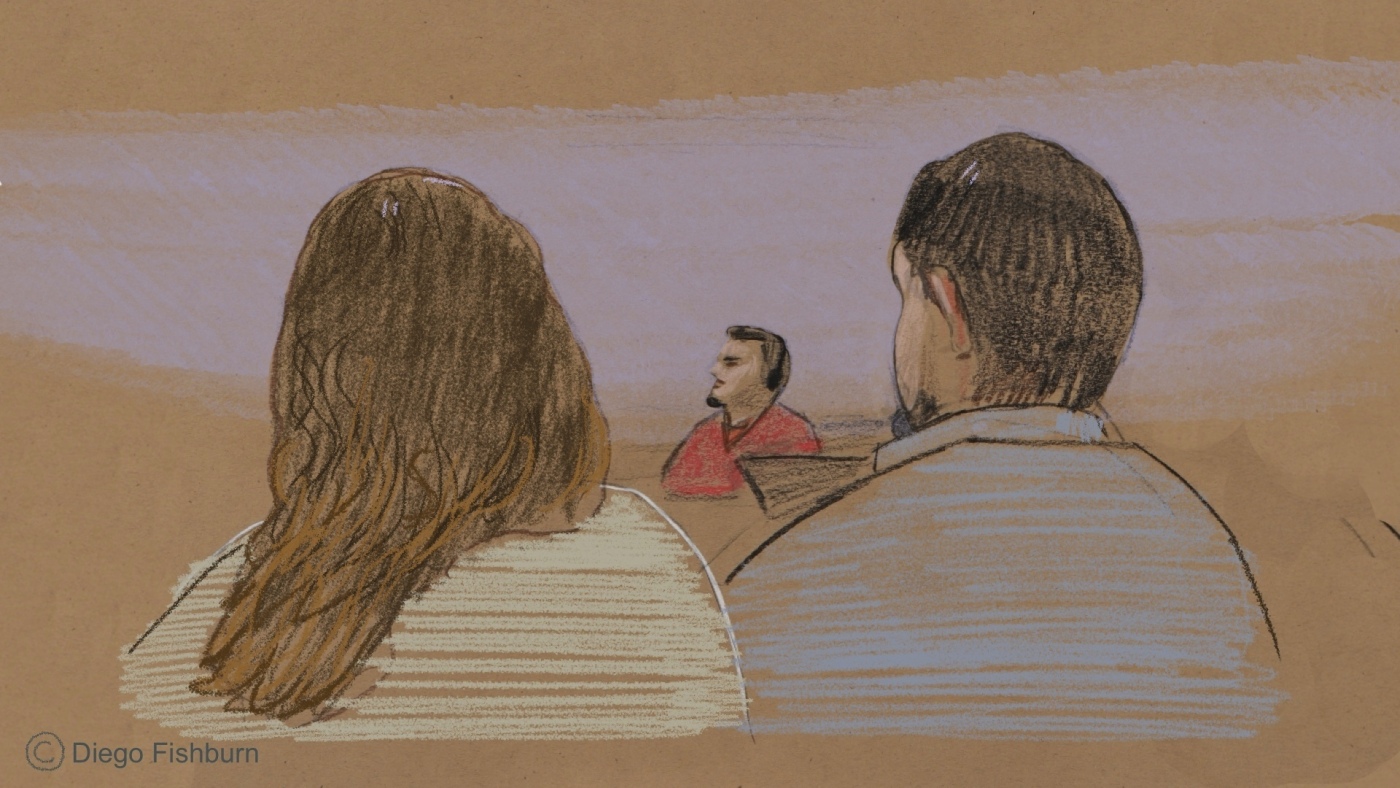Kilmar Abrego Garcia, a Salvadoran native, will remain in jail after a federal judge in Tennessee ordered a delay in his release. This decision follows concerns raised by his legal team regarding conflicting reports from federal officials about his potential deportation. Abrego Garcia’s case is fraught with complications, including a previous erroneous deportation to El Salvador and subsequent federal human smuggling charges. The legal wrangling underscores the precarious situation faced by Abrego Garcia, caught between criminal proceedings and the threat of removal from the United States.
The judge’s order highlights the deep uncertainty surrounding Abrego Garcia’s future. His attorneys argue that the conflicting signals from the Department of Justice (DOJ) make it impossible to ascertain whether he will be allowed to remain in the U.S. while his case proceeds. This article delves into the details of the case, examining the legal arguments, the government’s conflicting stances, and the potential implications for Abrego Garcia.
In a stunning turn of events, Kilmar Abrego Garcia was mistakenly deported to El Salvador for three months under the Trump administration. He was then brought back to the U.S., where he now faces federal human smuggling charges. This background is crucial to understanding the current legal predicament. The initial deportation raises questions about due process and the government’s handling of immigration cases.
“The irony of this request is not lost on anyone,” Abrego Garcia’s attorneys wrote in a motion, highlighting the unusual circumstances of the case. The government’s error in deporting him, followed by its insistence on prosecuting him, creates a complex legal landscape.
Abrego Garcia’s legal team requested the delay, citing conflicting reports from the federal government regarding his status. They pointed to an emergency hearing in Maryland, Abrego Garcia’s home state, where the government indicated plans to deport him to a third country upon release. However, a DOJ spokesperson later stated that the government intends to bring him to trial first. This contradiction formed the basis of the defense’s argument for delaying his release.
“Because DOJ has made directly contradictory statements on this issue in the last 18 hours, and because we cannot put any faith in any representation made on this issue by the DOJ, we respectfully request to delay the issuance of the release order,” his attorneys stated. This lack of clarity from the DOJ prompted the judge to maintain his detention pending further court orders.
U.S. Magistrate Judge Barbara Holmes initially ordered Abrego Garcia’s release, stating that the government failed to demonstrate that he was a flight risk or a danger to the community. However, the federal government requested a stay of this ruling, and U.S. District Judge Waverly Crenshaw of Tennessee agreed to continue detaining Abrego Garcia.
Despite these rulings, concern remained that Immigration and Customs Enforcement (ICE) would take Abrego Garcia into custody upon his release. ICE has stated that Abrego Garcia must be deported regardless of the outcome of his criminal trial. Judge Crenshaw acknowledged that the government “is in control” of where Abrego Garcia resides while he awaits trial, further complicating the situation.
Abrego Garcia’s deportation to El Salvador in March placed him in a notorious mega-prison, despite a 2019 court order barring his removal to that country due to fear of persecution. Immigration authorities had accused Abrego Garcia of being a member of the gang MS-13, allegations that his wife and attorneys have denied.
Federal officials later admitted that Abrego Garcia’s deportation was a mistake caused by an “administrative error.” This admission underscores the serious flaws in the government’s handling of his case, raising questions about the validity of the charges against him.
In June, Abrego Garcia was brought back to the U.S. to face federal charges alleging that he conspired to transport thousands of migrants without legal status from Texas to various parts of the U.S. between 2016 and 2025. These charges form the basis of the current legal battle, with Abrego Garcia’s defense focused on challenging the government’s evidence and procedures.
The legal fight over Abrego Garcia’s status has been protracted and complex, involving multiple court appearances and conflicting statements from government officials. The outcome of this case will have significant implications for Abrego Garcia’s future, determining whether he will face imprisonment, deportation, or the opportunity to remain in the United States.
Kilmar Abrego Garcia’s case is a tangled web of legal and administrative errors, conflicting government statements, and uncertain outcomes. The federal judge’s decision to delay his release reflects the deep concerns about his potential deportation, while the underlying criminal charges add another layer of complexity. As the legal proceedings continue, Abrego Garcia remains in jail, his fate hanging in the balance.
The case raises critical questions about immigration enforcement, due process, and the government’s responsibility to ensure fair treatment for all individuals, regardless of their immigration status. The conflicting reports and administrative errors highlight the need for greater transparency and accountability in immigration proceedings. The final resolution of Abrego Garcia’s case will serve as a telling example of the challenges and uncertainties faced by many immigrants in the United States.

Leave a Reply